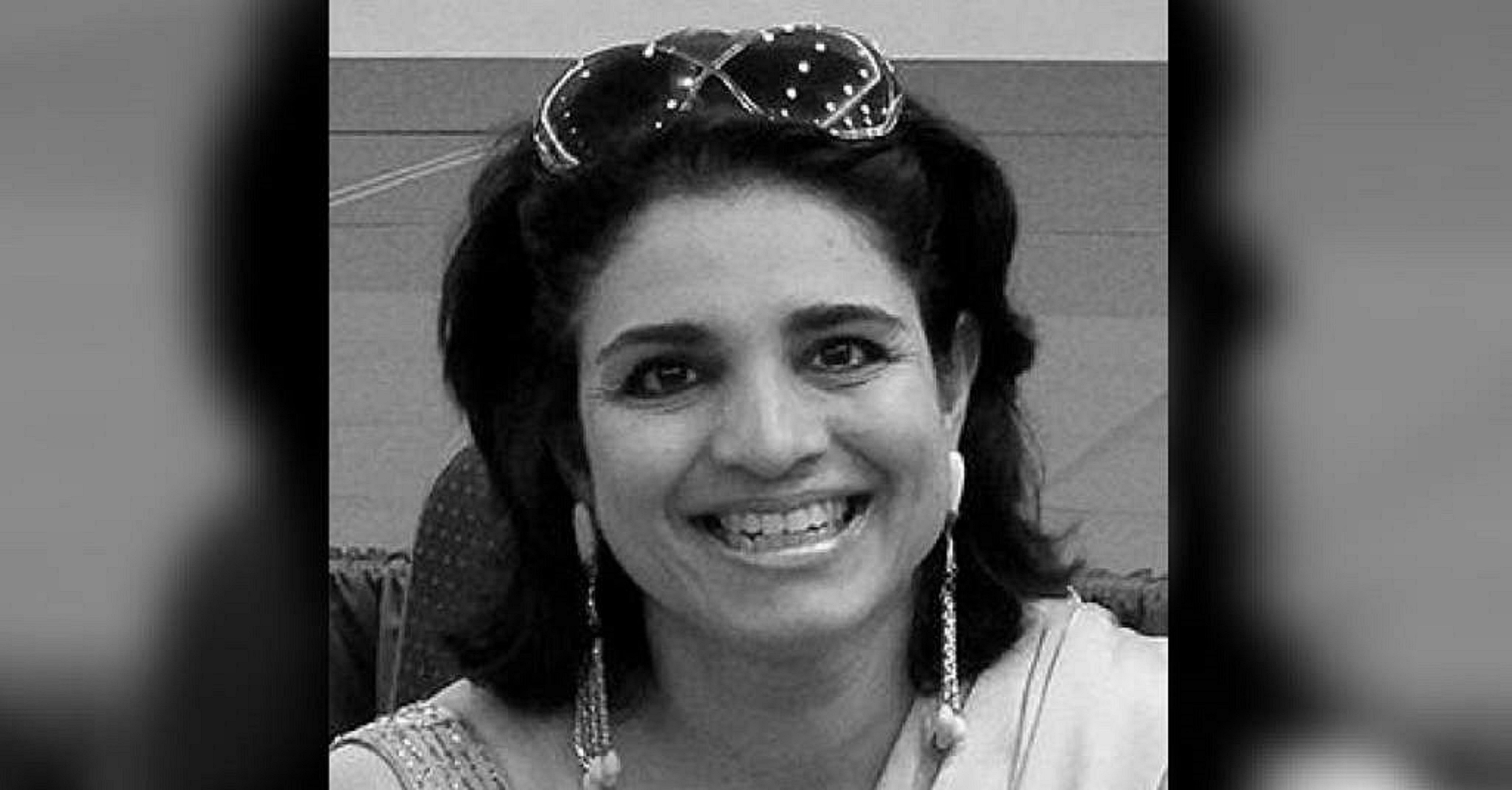Aisha Chaudhary has become a household name courtesy the movie ‘The Sky is Pink’ and years after she passed away, her indomitable spirit lives on and inspires change and hope.
The recent Hindi movie release ‘The Sky is Pink’ has no doubt tugged at many heart strings with its poignant portrayal of how a family deals with an ailing daughter. However this movie is actually based on a true story of Aisha Chaudhary story who lost her life when she was just 18 years old to Pulmonay Fibrosis. But do you know that Aisha could have been alive if she had received perfectly matched stem cells?
Harvesting the power of Stem Cells
Born with SCID (severe combined immune deficiency), a rare disease that leaves children without a functioning immune system, her parents were told that Aisha’s only chance for a cure was to receive a blood stem cell transplant from a matching donor. Without a donor available, the doctors were forced to proceed with a transplant from Aisha’s father who was only a half-match. This desperate move gave her time, but ultimately led to her developing pulmonary fibrosis, a lung disease that eventually took her life at 18 years old. Aditi Chaudhary her mother has now is associated with DKMS an international non-profit organization dedicated to the fight against blood cancer and other blood disorders, founded in Germany in 1991 by Dr. Peter Harf in order to continue the legacy of Aisha. “This is the largest registry of stem cell donors in the world with the maximum registered donors worldwide. So I really want to now spend my time to really educate the public about the fact that stem cell donation allows you to be blessed and save a life. And it is only in your ethnic pool that you will find a fully matched donor. Now stem cells can actually help in thalassemia, severe combined immune deficiency and cancers,” says Aditi.
Making the Difference
Once a complete match is found, a whole medical checkup is done on the donor, an injection is given for four days to help the marrow to produce the stem cells and the donor is put on a machine that collects the stem cells from the blood and puts the blood back to the donor’s body from the other arm. The recovery time is very quick and there is no real loss of hemoglobin. “Our story is a story of love, hope and courage and I am hoping that no one else struggles to find a complete match to save a life,” says Aditi. A brave heart and extraordinary individual who in spite of her short lifespan made an impact that belied her age Asiha was someone who celebrated every moment of her life. She even penned down her journey and feelings in her book ‘My Little Ephiphanies’ that has now relaunched alongside the movie. “I think if we can look at a situation and say in this difficulty there is an opportunity and think we can rise above it, we can find harmony. Life, I believe is a school and not a playground. I always say changes are a given but growth is optional,” says Aditi.
A Beacon of Hope
In spite of her fast deteriorating health Aisha an introvert actually faced her fears to become an INK Speaker. “It was her father Niren Chaudhary who was invited for a talk and when he spoke about Aisha, it was suggested that Asiha talks. However he dismissed the thought as Aisha was shy and could hardly speak in front of a few people. But when the topic came up at home she actually told Niren that he could not decide for her and she would do it because she was scared to do it,” recalls Aditi. Incidentally her topic for the speech was happiness, something she chose consciously at a time when she was confronted with death. For a child who was bullied in middle school and needed therapy to overcome the same, one of her epiphanies in her book was to rise above people who want us to fail. “I read somewhere that life is not measured by the breaths we take but the moments that take our breath away and I hope that we have so many Indian stem cell donors that it takes my breath away,” signs off Aditi.
How to donate?
- Go to www.dkms.org/aisha and register as a stem cell donor.
- You will need to just give a swab from your mouth and cheeks which has your DNA in them.
- Your DNA is then recorded on a file and bar coded and kept confidentially.
- Whenever there is a requirement and the DNA is matched you can help save the life of your DNA twin.
This story first appeared in The Hindu dated Nov 2, 2019 here
